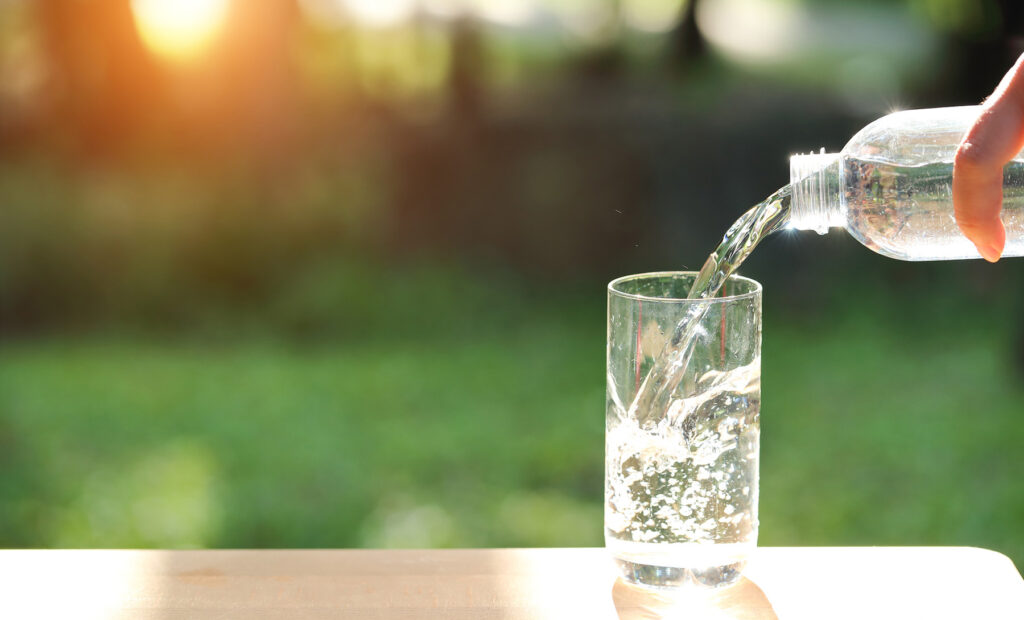As the scorching summer months approach, it is imperative for governments and municipalities to prioritize the health and well-being of their communities. One of the most crucial aspects of summer wellness is proper hydration. In this article, we present essential tips and insights to help you educate and empower your community about the importance of staying adequately hydrated during the summer season.
Adequate hydration is essential for maintaining overall health and well-being. Proper hydration is important year-round, but it becomes particularly crucial during the summer months when the weather is typically hotter, and people tend to engage in more outdoor activities. The physicians at Johns Hopkins Medicine offer these reasons why hydration is essential during the summer:
Regulating body temperature: As the temperature rises, your body perspires more to cool down. Sweating is the body’s natural way of controlling temperature, but it can lead to fluid loss. Staying hydrated helps replenish lost fluids and aids in maintaining a stable body temperature.
Preventing dehydration: Dehydration occurs when you lose more fluids than you take in, which can happen more quickly in hot weather. Dehydration can lead to dizziness, fatigue, headaches, dry mouth, decreased urine output, and even more severe complications if left untreated. By drinking enough fluids, you can help prevent dehydration.
Supporting physical performance: Whether exercising, playing sports, or engaging in recreational activities, you will need additional fluids to function optimally. Proper hydration ensures that your muscles and joints stay lubricated, helps deliver oxygen to your muscles, and allows for proper nutrient absorption.
Promoting cardiovascular health: Staying hydrated is beneficial for your cardiovascular system. Sufficient hydration helps maintain adequate blood volume and circulation, preventing your heart from overworking. It can also help regulate blood pressure, reducing the risk of heat-related illnesses such as heat exhaustion and heat stroke.
Maintaining healthy skin: The summer heat, along with increased sun exposure, can dehydrate your skin, making it dry and prone to damage. Proper hydration helps keep your skin hydrated and supple, promoting a healthy complexion and reducing the risk of sunburn and heat rash.
Drink water regularly throughout the day, even if you don’t feel thirsty. Adjust your fluid intake based on activity level, sweating, and ambient temperature. Other hydrating options include fruit-infused water, herbal teas, and consuming hydrating foods like fruits and vegetables with high water content. Avoid excessive caffeinated or alcoholic beverages, as they can contribute to dehydration.



